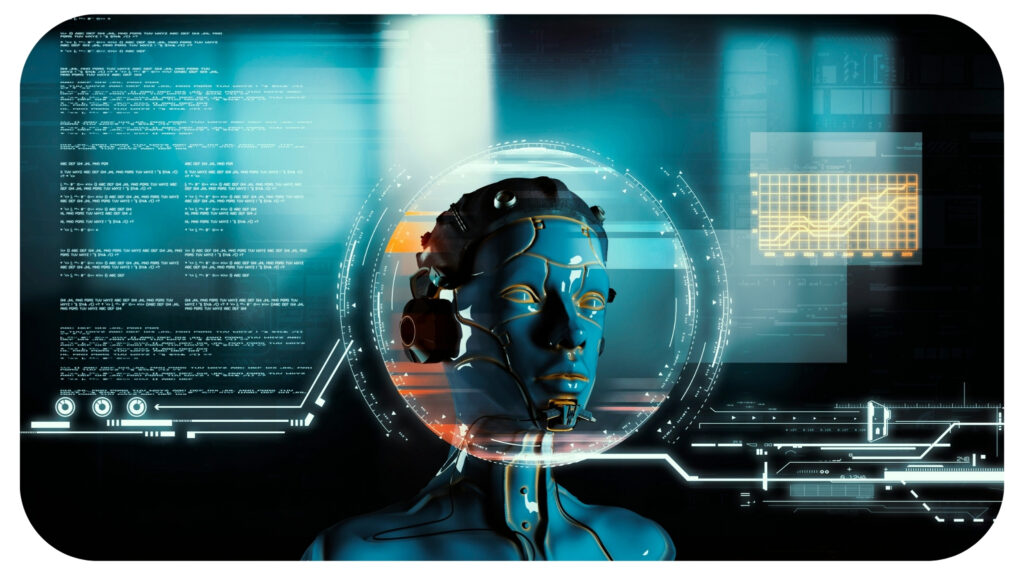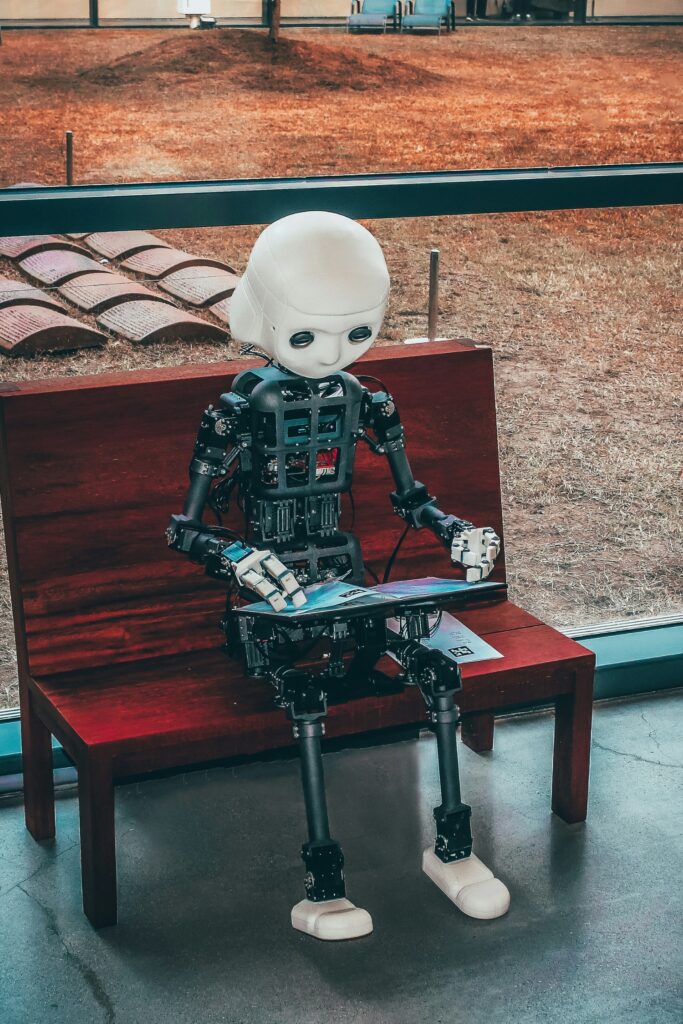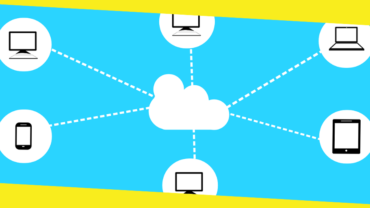The Future of Artificial Intelligence in Software Development: Predictions by Joseph Heimann
This post was last updated on March 11th, 2025
In an era driven by technology, artificial intelligence and software development are now intertwined, changing how we create and use software. AI’s role here is huge, influencing many aspects, but natural language processing (NLP) stands out the most. NLP allows computers to understand and respond to human language, making interactions smoother and more intuitive.
AI tools autocomplete code, debug errors, and even optimize performance are streamlining the development process. Some might worry AI could replace human developers, but it’s more about enhancing their capabilities, allowing them to focus on creative and complex tasks while AI handles the repetitive stuff. Senior Software Developer, Joseph Heimann, predicts how this synergy will set the stage for a more efficient future in software development.

Transforming Traditional Coding with AI
AI is like a skilled apprentice who can shoulder many tasks that once required human coders. AI-driven tools can now write code, identify bugs, and even suggest improvements in real-time. This automation doesn’t just save time but reduces human error.
“Imagine crafting a piece of software where your primary role is creative oversight rather than getting bogged down by repetitive, tedious coding tasks,” says Joseph Heimann. “For instance, GitHub’s Copilot is a tool that turns this vision into reality.”
By utilizing AI, it can autocomplete code and provide relevant code snippets based on the developer’s previous inputs. This innovation speeds up the development process and helps maintain consistency and accuracy in coding.
Enhancing Software Maintenance
Maintaining software is a lot like taking care of a car. You need regular checks and fixes. AI makes this process easier by spotting issues before they become severe. With predictive maintenance, AI scans system logs and finds anomalies that might signal future failures. This cuts downtime and keeps your apps running smoothly.
Machine learning algorithms take it a step further, allowing software to learn from past bugs and prevent new ones. Imagine it as an immune system that gets stronger and more skilled at fighting off threats over time.
Notes Joseph Heimann, “Think about how frustrating it can be when your car breaks down. You’re late, you’ve got to call a tow truck, and then you spend hours at the mechanic. Now, picture a car that alerts you to replace your oil or brake pads long before they cause a problem. Your software works the same way with AI. It warns you about potential issues, so you can address them on your schedule, not when everything crashes at the worst moment.”
Some might argue that relying on AI could make us complacent, but the opposite is true. AI enhances our maintenance efforts. It gives us insights we’d miss and frees up our time to focus on more strategic tasks. We’re not replacing human oversight but augmenting it. The combination of human intuition and AI’s precision creates a robust system that minimizes risks and optimizes performance.
With AI, instead of reacting to problems, you stay ahead of them. This proactive approach ensures your software runs better and more reliably, much like how preventive car maintenance keeps you on the road.

Revolutionizing Natural Language Processing (NLP)
NLP is making waves in the software development community by enabling machines to understand and interact with human language. Imagine talking to your software development tool as if you’re instructing a colleague. NLP can interpret these natural language instructions and translate them into functional code.
Applications like chatbots and virtual assistants are already benefiting from this technology. These tools can comprehend user queries and provide relevant responses, making them vital in customer support and user engagement. NLP is also enhancing code documentation by generating clear, concise explanations of complex code structures.
AI in Quality Assurance and Testing
“Quality assurance is critical in software development, ensuring that the final product is robust and bug-free,” says Heimann.
AI-driven testing tools can execute test cases faster and with higher precision than human testers. They can simulate user interactions across different platforms and devices, identifying bugs that might go unnoticed in manual testing.
AI can prioritize tests to focus on high-risk areas first, making the testing process more efficient. This is akin to having a seasoned quality inspector who knows exactly where to look for potential issues.
Customizing User Experiences
User experience (UX) is a crucial factor in software success. AI can analyze user behavior to customize interfaces, making software more intuitive and personalized. Machine learning models can predict user preferences and adapt the software experience in real-time.
For example, Netflix uses AI to recommend shows based on your viewing history. Similarly, AI can adapt software interfaces to suit individual user preferences, enhancing satisfaction and engagement.
Bridging the Skills Gap
As AI in software development becomes more prevalent, there’s a growing need for developers to understand these new tools. Thankfully, AI also offers solutions for this skills gap. AI-driven learning platforms can provide personalized training to help developers get up to speed on the latest technologies.
Think of it as having a personal tutor who knows exactly where you need improvement and offers targeted exercises to hone your skills.
Ethical Considerations in AI Development
With great power comes great responsibility. As AI becomes more embedded in software development, ethical considerations become paramount. Issues such as data privacy, algorithmic bias, and transparency must be addressed. Developers must ensure that their AI models are fair, ethical, and built with user privacy in mind.
Organizations are beginning to establish guidelines and best practices to navigate these ethical challenges. For instance, some companies now perform regular audits of their AI systems to check for biases and ensure compliance with data protection regulations.
The Road Ahead for AI and Software Development
AI is transforming software development in ways that once seemed the stuff of science fiction. From automating coding tasks to enhancing user experiences, the benefits are profound and far-reaching. As developers, it’s our job to embrace these technologies, harness their potential, and navigate the ethical considerations that come with them.
Looking ahead, the integration of AI in software development will only deepen. Natural language processing will make interactions with software even more intuitive, and machine learning will continue to optimize and personalize user experiences. The future is bright, and the possibilities are endless. As we move forward, one thing is clear: AI is not just an addition to our toolkits—it’s the future of software development itself.
Recommended For You
Go Cloud Based in Your Restaurant
Most Inside
Most Inside offers high-quality recommendations and valuable updates to enhance all aspects of your life, providing premium guidance and enriching experiences.




